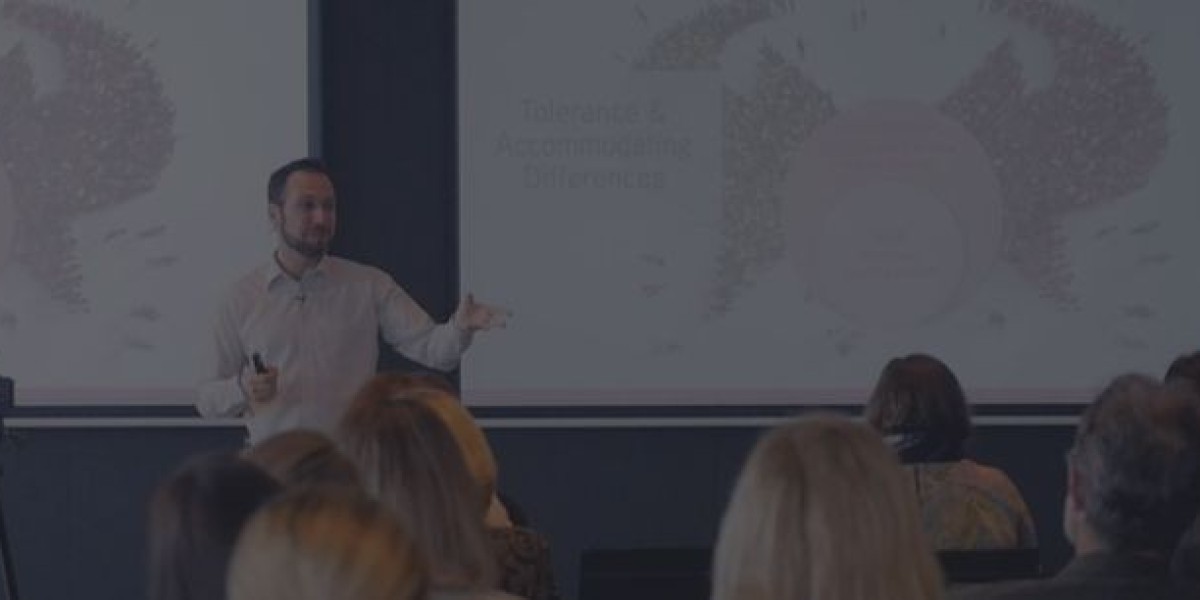Unconscious bias influences our perceptions and decisions without us even realizing it. These biases can seep into the workplace, affecting hiring, promotions, and overall team dynamics. Unchecked, they hinder diversity and inclusion.
Breaking Barriers with E-Learning
1.Accessible Learning
Unconscious Bias E-Learning makes training accessible to everyone, whether in the office or working remotely. Employees can learn about biases at their own pace, promoting a more inclusive work environment. Let's make learning simple and workplaces more inclusive!
2.Real-World Scenarios
E-learning injects reality into training. Interactive scenarios mimic everyday workplace situations, helping learners recognize and address bias in a practical context. It's about learning by doing, making the lessons stick.
3.Personalized Progress
Each learner is unique, and so are their biases. E-learning allows for personalized learning paths, addressing specific biases individuals might hold. It's tailored education that goes beyond a one-size-fits-all approach.
4.Consistent Learning
In our fast-paced world, consistency is crucial. Equality and diversity e-learning ensure that bias awareness training is consistently delivered to all employees. This uniformity establishes a shared understanding and commitment to combating unconscious bias.
5. Measurable Impact
E-learning platforms provide measurable data on progress. Organizations can track the effectiveness of bias training, identify areas that need attention, and celebrate positive changes. It's not just about training; it's about measurable impact.
Conclusion
Unconscious bias e-learning is a transformative tool in building fairer workplaces. By making training accessible, realistic, personalized, consistent, and measurable, it equips organizations to challenge biases head-on and foster a culture of diversity and inclusion. It's not just training; it's a pathway to a more equitable future.








